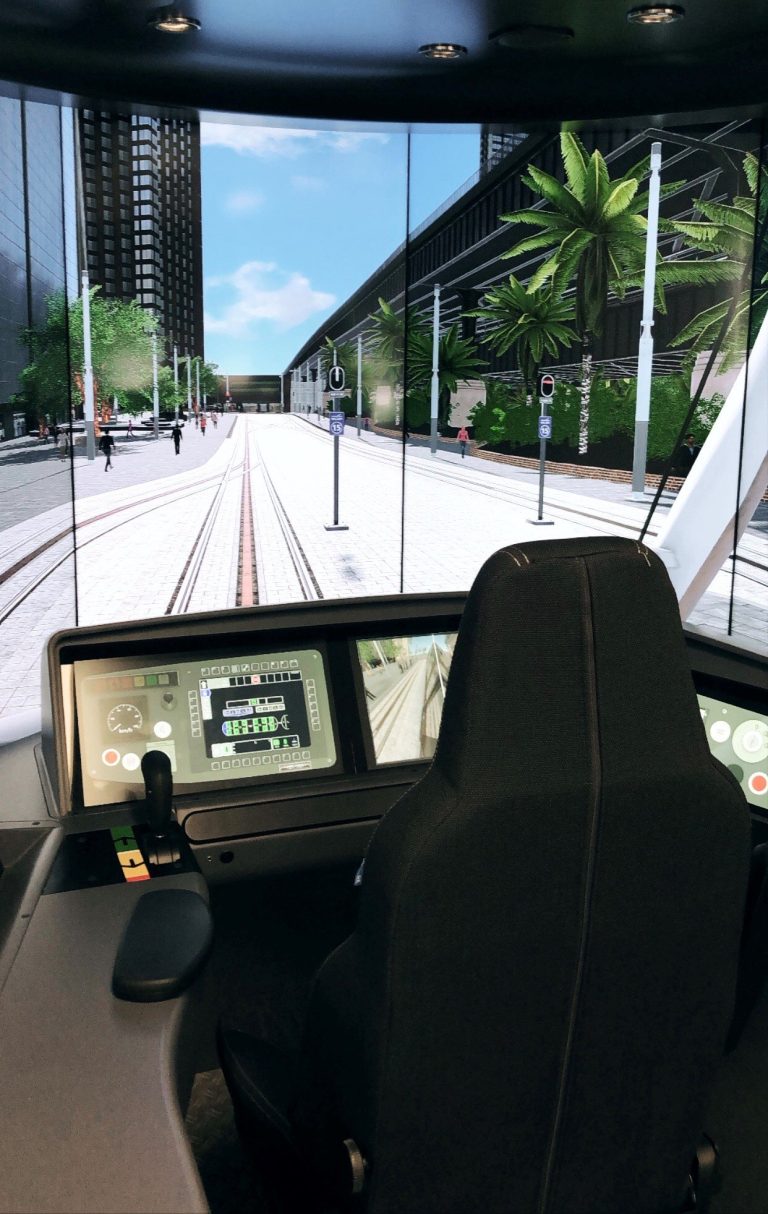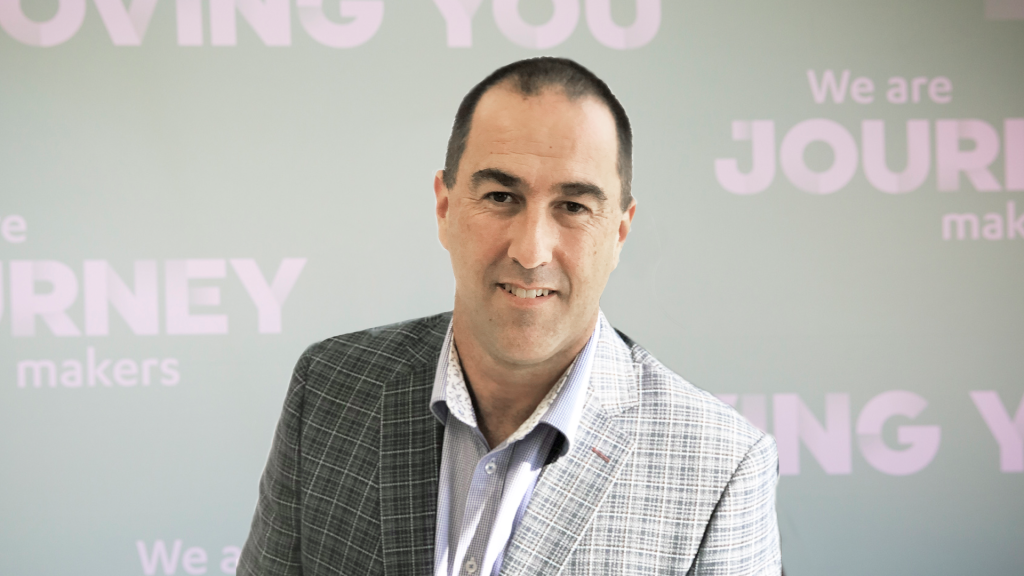Sports-mad Craig has played “every sport under the sun” – it’s no wonder he has mastered the art of communication.
It’s been a critical component throughout his sporting career; a Wellington cricket representative and basketball and touch rugby rep.
And he’s now utilising those skills in the corporate world, as Mana Coach Services Chief Executive Officer. Only aged 35, he replaced former CEO Ian Turner in 2018.
“It was certainly a challenge that I had to weigh up – was it really what I wanted to do with my career at 35-years-old, something that I could take on at that level of responsibility at my age.
“Ian taught me a lot, particularly around the industry. And I guess what people like about me is that I bring a fresh perspective and I’m really system and process oriented.”
Born and bred in Tawa – 20 minutes north of Wellington – he left Tawa College to study a Bachelor of Commerce majoring in Accounting at the Victoria University of Wellington.
Graduating in 2007, with a Graduate Diploma in Professional Accounting to boot, he began his career at one of the world’s largest professional services networks of independent accounting and consulting member firms – Grant Thornton.
Three years later and he was a Chartered Accountant; six years later, an Operations Analyst opportunity presented itself at Mana.
Jumping at the chance “to get away from numbers and do something different”, Craig oversaw the policies and procedures review.
“During one of the Public Transport Operating Model contracts, I was promoted to Transition Manager and I basically ran the structure and the switch over to the contracts and preparing systems for that.”
The experience gave him a decent grounding in understanding operations and improving effectiveness and efficiency for the company.
At the time, he was also in charge of running the project that led to the implementation of the new Greater Wellington Regional Council contracts for Mana, ensuring compliance was to standard.
“I’m very lucky to have a really strong management team behind me, with an exponential amount of industry knowledge.
“All my managers have decades’ worth of industry knowledge, so I feel like I’m as good as my team, and my team is excellent. I always feel very fortunate they accepted me, for who I am and how I operate.
Craig has “dragged” the company into the 21st Century since the move, replacing staff’s desktops with laptops, implementing a more flexible working environment, and modifying the business’ systems and processes.
“In terms of how that worked out during the lockdown, it worked out perfectly. We were able to continue operating all the business functions from home.
“And my team has come to realise that just because you physically can’t be in the office, doesn’t mean that you can’t communicate with each other.
“That’s the biggest thing to take away, our strengths are built on our communication within the team. As long as you keep that communication up and keep everyone updated and making sure your team is motivated, you really take some good learnings away from COVID-19 that can be applied across the business.
“Our drivers did an excellent job throughout COVID-19 as well – they came in, they did the job, and as essential service workers they were the ones putting their lives at risk.
“Obviously not just my team at Mana-Newlands, but all of the essential service workers and bus drivers out there did an excellent job.”
The rigid 9-5 office hours have also been replaced with a more flexible regime – meaning anyone who needs to leave early for the school run or other appointments can make up that time later in the evening.
“It’s always been my approach that people should have flexible working arrangements, so people with kids and those who have dependents can look after them.
“That’s not a problem with me – so, long as they get the work done, I’m happy.”
As for Mana’s future, Craig wants to implement further innovative changes; a more electric and hydrogen fleet, world-class systems and processes.
Having been purchased in 2019 by Transdev, Mana is learning the “Transdev way”.
“We’re really in alignment with what Transdev is doing globally; ensuring that customer journeys are good, that we can provide innovative solutions for transport and moving people. That’s what we do.”
Implementing changes within a business which employs 100 staff isn’t something that Craig has taken lightly, and ensures he’s not “forcing anything down anyone’s throats”.
There’s no ‘I’ in team, as Craig knows all too well, he says it’s better to have people working with you than against you.
“So, my approach has always been to explain what it’s about, get people to try it and then understand where you’re trying to get to.
“I guess I’m trying to get buy-in before I go and make any sweeping changes. For example, with the working off laptops, we had a discussion with all the staff about why I was doing it and why it’s a good thing.
“And when you explain the benefits, it often becomes a straightforward decision with buy-in. And if staff can see any other methods that might help us on our journey, then I’m always open to implementing what staff say.
“At the end of the day, if changes affect people personally, then it has to work for everyone not just one person. We have to come to a solution that fits most.”
Article courtesy of Bus and Coach Association NZ magazine ‘Circular’. Author: James Paul




